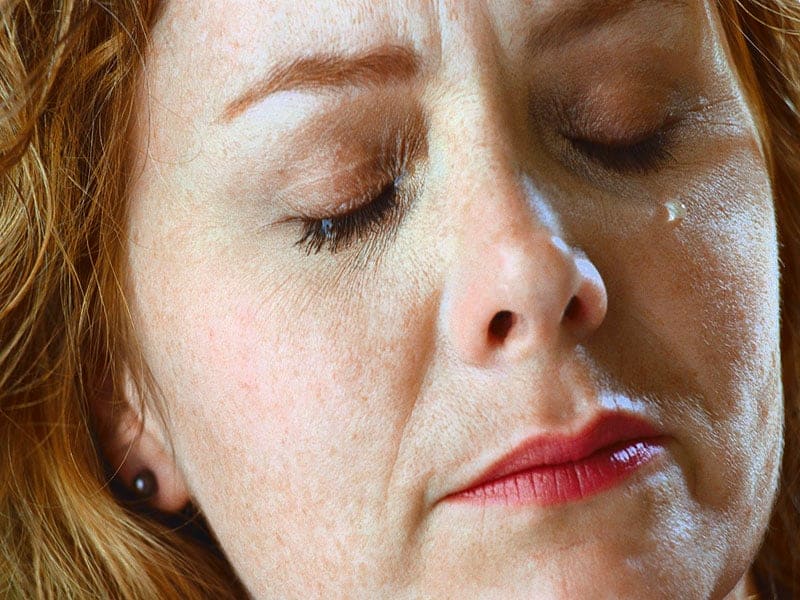THURSDAY, April 18, 2019 (HealthDay News) — Individuals with a history of infection have double the risk for developing Sjögren syndrome, according to a study published online March 20 in the Journal of Internal Medicine.
Johannes Mofors, from the Karolinska Institutet in Stockholm, and colleagues investigated whether infections increase the risk for developing primary Sjögren syndrome (pSS). A total of 945 patients with pSS and 9,048 matched controls were identified, and data from the National Patient Register in Sweden were used to identify infections occurring before pSS diagnosis during a mean 16 years of observation.
The researchers found that history of infection was associated with an increased risk for pSS (odds ratio [OR], 1.9). Specifically, infections were more notably associated with development of SSA/SSB autoantibody-positive pSS (OR, 2.7). Respiratory infections were associated with an increased risk for developing pSS, both in patients with (OR, 2.9) and without autoantibodies (OR, 2.1,), while skin and urogenital infections were significantly associated only with development of autoantibody-positive pSS (ORs, 3.2 and 2.7, respectively). There was a dose-response relationship between infections and risk for developing pSS with Ro/SSA and La/SSB antibodies. There were no significant associations between gastrointestinal infections and risk for pSS.
“Infections increase the risk of developing pSS, most prominently SSA/SSB autoantibody-positive disease, suggesting that microbial triggers of immunity may partake in the pathogenetic process of pSS,” the authors write.
Abstract/Full Text (subscription or payment may be required)
Copyright © 2019 HealthDay. All rights reserved.



